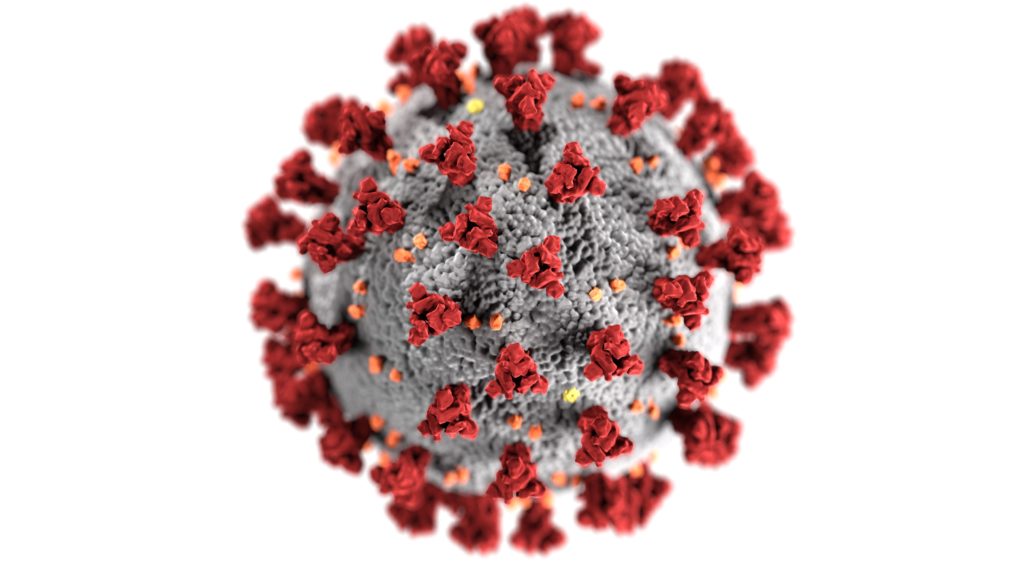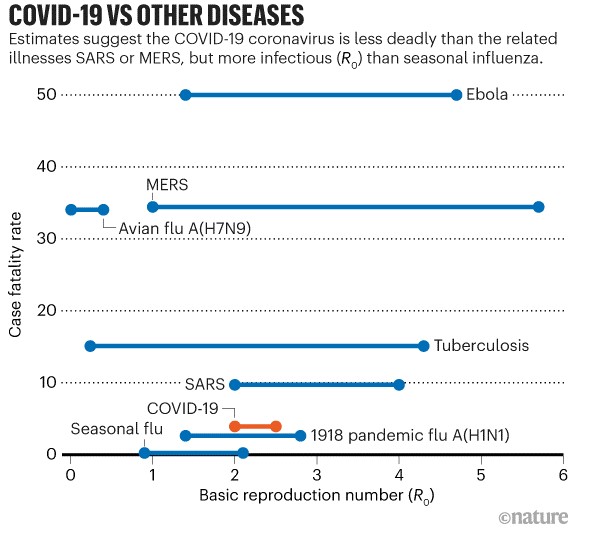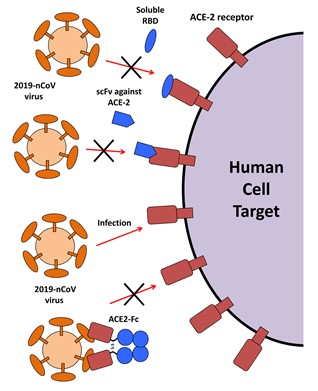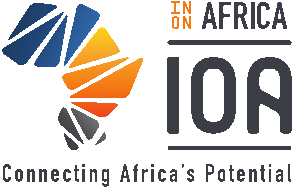COVID-19 is more than a health concern
By Thobani Xulu, 24, Masters degree in Virology, University of KwaZulu-Natal (UKZN)

The Rise of COVID-19
The novel COVID-19, which was announced a pandemic by the World Health Organisation (WHO), is believed to have emerged from Wuhan City, in the province of Hubei, China. As of 18 March 2020, about 9000 mortality cases globally have been confirmed with over 200 000 infected individuals.
The spread of the virus compared to historical outbreaks has proposed COVID-19 to be less deadly but highly infectious. “This disease knows no boundaries of race or class, but it is the poor and vulnerable who will need us most” said President Cyril Ramaphosa. The pace at which the disease spreads has brought the world to a standstill and resulted in the remarkable speed of scientists working towards the development of a vaccine against the virus.

The term COVID-19 by WHO was announced following findings of approximately 90% similarity of the genetic composition of the strain that causes severe acute respiratory syndrome coronavirus (SARS)-CoV, which caused SARS in 2003. The viruses’ origin and pathogenesis are still debated but it’s proposed to be derived from animal origin, bats in particular.

As a result of the genetic information that links COVID-19 to (SARS)-CoV, the mechanism of entry is similar via ACE-2 receptor. Therefore, therapeutic interventions allowed the focus on blocking entry by either using proteins such as receptor binding domain (RBD), single-chain antibody fragment (svFv) and use ACE2 extracellular domain to bind COVID-19 spikes. This prevents the infection of the virus in the lungs.
Myths debunked!
Myth: The use of alcohol is a prevention and treatment strategy.
Fact: Alcohol may make you feel better but it should not be used as a treatment mechanism.
Myth: The use of medical masks will protect you.
Fact: Although knowledge on COVID-19 is still being developed gradually, the Centre for Disease Control (CDC) approves the use of masks by those who are infected in tandem with those who are not infected. However, this does not mean you are protected from the virus.
Myth: COVID-19 is the Wuhan or Chinese virus.
Fact: To prevent stigma and stereotypes, the WHO gave the term COVID-19 to escape linking it to geographical location, individuals and animals.
Myth: Flu vaccine can reduce the risk of COVID-19.
Fact: Not true! Scientists are currently working on a vaccine and effective treatment for pre- and post-infection.
Terrible timing for COVID-19 and South Africa
The South African economy was already under crisis and as a result, slipped into recession before being struck by the COVID-19. The Chief economist, Mr Dawie Roodt, highlighted that the gross domestic product (GDP) would likely suffocate in the next three quarters and hopefully recover in the fourth quarter this year.
This subsequently means that in the long run, youth unemployment will continue to be a major challenge in South Africa. About 58.10% of the 17.84 million youth (ages 18-34) in South Africa, remain unemployed. Among many implications of COVID-19, the economic risk remains a major challenge.
However, to prevent future implications of health-related challenges, “we need a strong health system that is based on strong primary care – prevention is key!” opined Aaron Motsoaledi, the previous Minister of Health. Italy, with one of the best public health care systems is struggling to contain the spread of the virus. This must concern the South African government.
How do we tackle this? Can technology help to solve this issue? Is the South African education system producing a mismatch of skills required to solve these problems?
For additional information on COVID-19, here’s a video from the WHO that explains everything you need to know.
Sharing is caring!
Help us spread the word about Voices Unite:


